Processes within human resources departments have evolved to include AI-driven assessments. Artificial intelligence (AI) has become an essential tool for adapting to today’s fast-paced business world. AI-driven assessments facilitate the automation of repetitive and administrative tasks and provide deep, real-time analytics that can significantly transform human resource management.
AI-driven assessments promise to revolutionise the way organisations identify, develop, and retain employees, enabling decisions based on accurate and objective data. This level of analytics enables business leaders to design personalised strategies for career development, improve job satisfaction, and ultimately drive productivity and organisational success.
To assist in this process, ifeel has developed a free downloadable HR AI implementation strategy that will not only help you evaluate your processes but will guide you step-by-step in adapting AI to your organisation.
Why perform AI-driven assessments?
AI-driven assessments involve using algorithms and data analytics to measure and improve employee performance. This technology not only automates routine tasks but also provides meaningful insights that help leaders make informed decisions.
Through AI-driven assessments, organisations can identify performance patterns, anticipate potential problems and opportunities, and design customised interventions to optimise talent development.
In addition, AI’s ability to analyse large volumes of data in real-time allows leaders to gain a holistic view of individual and team performance, facilitating proactive, data-driven management. In fact, studies have shown that companies that use AI for talent management have improved operational efficiency and increased employee satisfaction.
Benefits of AI-driven assessments
Leveraging data to perform AI-driven assessments within the organisation offers multiple benefits:
- Objectivity and accuracy: Data eliminates subjective biases, providing fair and accurate assessments.
- Efficiency: Process automation saves time and resources.
- Personalised development: Insights gained allow development plans to be tailored to individual needs.
- Informed decision-making: Leaders can base decisions on detailed, data-backed analysis.
According to a Harvard University study, organisations that implement AI-driven assessments see increased productivity and accuracy in certain tasks.
Areas of AI implementation in HR
Assessing talent and performance with AI is just one more area where HR departments can benefit from AI. Some of the key areas include:
1. Performance monitoring
AI-driven assessments enables the collection and analysis of continuous data on employee performance. This not only makes it easier to identify areas for improvement but also helps to recognise and reward exceptional performance.
Pilar Collado Puerta, Head of Talent Management and Laura Risquete Trigo, HR – Talent Development at Gonzalo Byass, an ifeel partner company, say:
‘The way of managing talent has changed a lot in recent years, not only because of technological advances but also because of the preferences of the human team.’
2. Work environment assessment
Work environment analysis is crucial to maintaining a healthy and productive work environment. AI-driven assessments automate the completion of surveys and questionnaires, providing detailed reports on the state of the work climate. These reports help leaders identify problems and design effective intervention strategies.
Here is a table based on your provided information:
| Area | Objective | Method |
|---|---|---|
| Employee satisfaction | Measurement of overall employee satisfaction | Automated surveys |
| Internal communication | Assessment of the effectiveness of internal communication | Analysis of corporate social networks |
| Work-life balance | Assessment of work-life balance | Questionnaires and analysis of work patterns |
3. Onboarding and training
AI-driven assessments facilitate the onboarding process of new employees by personalising the onboarding experience. It also enables the design of training plans tailored to individual needs and skills, thus enhancing professional development.
4. Performance analysis and feedback
AI-enabled talent and performance assessment provides a detailed and continuous view of employee performance. The data collected enables leaders to provide constructive, evidence-based feedback, fostering an environment of continuous improvement.
5. Implementing technology-driven mental wellness solutions
Artificial intelligence can also be crucial in promoting mental well-being within organisations. Solutions such as ifeel, which use data to provide personalised support to employees, are ideal for providing practical recommendations and specific action plans to help unlock employees’ potential.

Join the global leading solution in mental well-being
Practical exercise: Preparing for AI-driven assessments
Properly assessing and preparing your organisation before implementing any AI tool is essential to ensure its success.
To help in this process, ifeel has developed a free downloadable HR AI implementation strategy that will not only help you evaluate your processes, but will also guide you step by step in adapting AI to your organisation.
Here is a practical exercise to guide you through this process, so that you can successfully conduct a talent and performance assessment with AI:
1. Initial capabilities diagnosis
Review of current tools:
- Question: What technology tools is your HR department currently using?
- Action: Rank these tools according to their usefulness and level of user satisfaction.
Needs identification:
- Question: What specific problems are you trying to solve with AI implementation?
- Action: List current challenges and associate them with possible AI-driven solutions.
Resource analysis:
- Question: What human and technical resources are available to support AI implementation?
- Action: Assess the availability and competence of staff and the existing technology infrastructure.
2. Strategic planning
Definition of objectives:
- Question: what are the short- and long-term goals of implementing AI in your HR department?
- Action: Establish key performance indicators (KPIs) to measure the success of the implementation.
Assessment of available data:
- Question: What kind of data do you currently have, and what additional data will you need?
- Action: Conduct an audit of available data and define a plan to collect additional data needed.
Technology selection:
- Question: What AI solutions are available, and which one best suits your needs?
- Action: Research and compare different AI vendors and technologies, taking into account their capabilities, costs and scalability.
3. Implementation and follow-up
Develop the implementation plan:
- Question: What is the timeline for the implementation of the AI technology?
- Action: Create a detailed roadmap that includes testing, deployment and training stages.
Training and development:
- Question: What kind of training will your team need to use AI effectively?
- Action: Design and execute specific training programmes for different levels of users.
Ongoing monitoring and evaluation:
- Question: How will you measure the impact of AI on your HR processes?
- Action: Set up an ongoing monitoring system to evaluate AI performance and adjust as needed.
This exercise will help you prepare your organisation for the implementation of AI tools and ensure that they are aligned with your company’s strategic and operational objectives.

‘Most felt that the company was going above and beyond the norm in terms of care and dedication, and this project was embraced as one of the reasons why PERI’s environment is unique.’
–Vasco Armés, Human Resources Director of PERI Iberia, an ifeel partner company.
Another relevant case is Thoughtworks, which highlights the importance of listening to employees to adapt tools to their needs:
“At Thoughtworks, the starting point is that we listen to our employees first. All the changes the People team implements are based on knowing what people need.”
–Javier Sordo Gómez, Head of People at Thoughtworks, an ifeel partner company.
Taking care of mental well-being in organisations
At ifeel, we know that AI-driven assessments is not just a trend, but a necessity in the modern business environment. By harnessing the capabilities of artificial intelligence, organisations can make more accurate and objective assessments, design personalised development strategies and make informed decisions that drive performance and job satisfaction.
To support companies in this process, our team of expert workplace well-being psychologists has created a mental well-being solution for businesses that improves talent retention, reduces presenteeism, and combats employee stress.
With our mental well-being solution, your company’s HR managers can receive personalised, data-driven advice on improving mental health at work. In addition, this solution offers employees a 360° mental well-being service structured at different levels according to their needs. Try our solution now to see how it could help you.
We hope you found this article about AI-driven assessments interesting. If you would like more information about our mental well-being solution for companies, simply request it, and we will contact your team as soon as possible.













